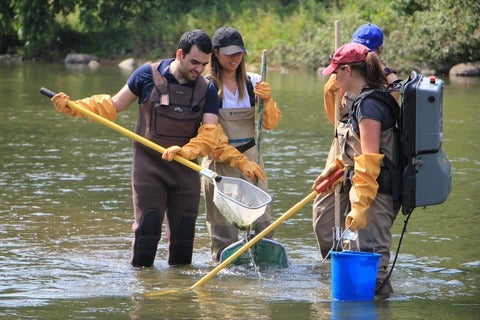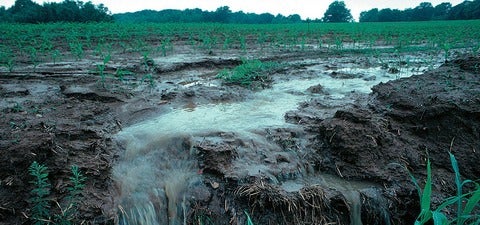Water Institute members receive funding for social sciences and humanities research
Three Water Institute members will receive funding to advance research and encourage partnerships that will lead to innovative approaches that improve the well-being of Canadians.
The Social Sciences and Humanities Research Council (SSHRC) is awarding the funding through Insight Grants, Insight Development Grants, and Partnership Development Grants.










